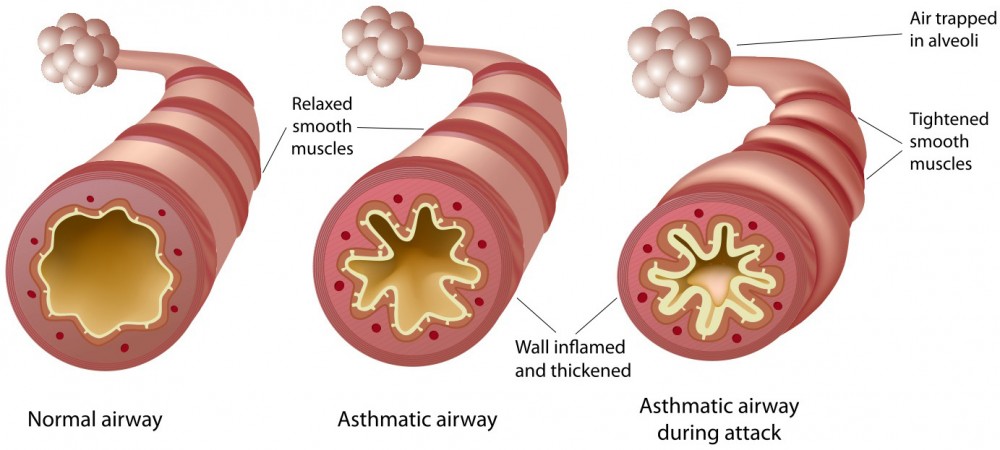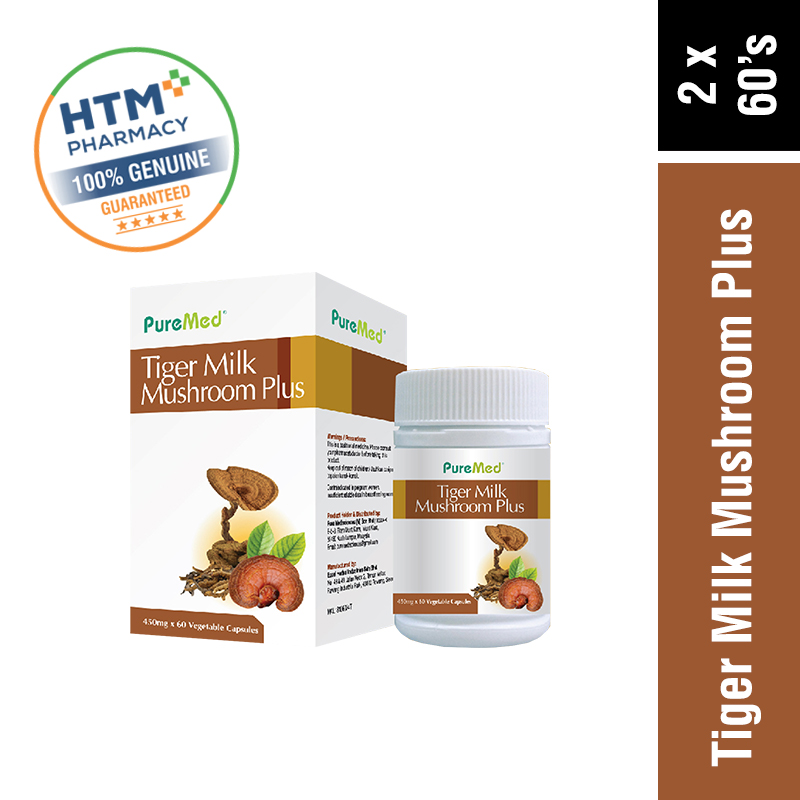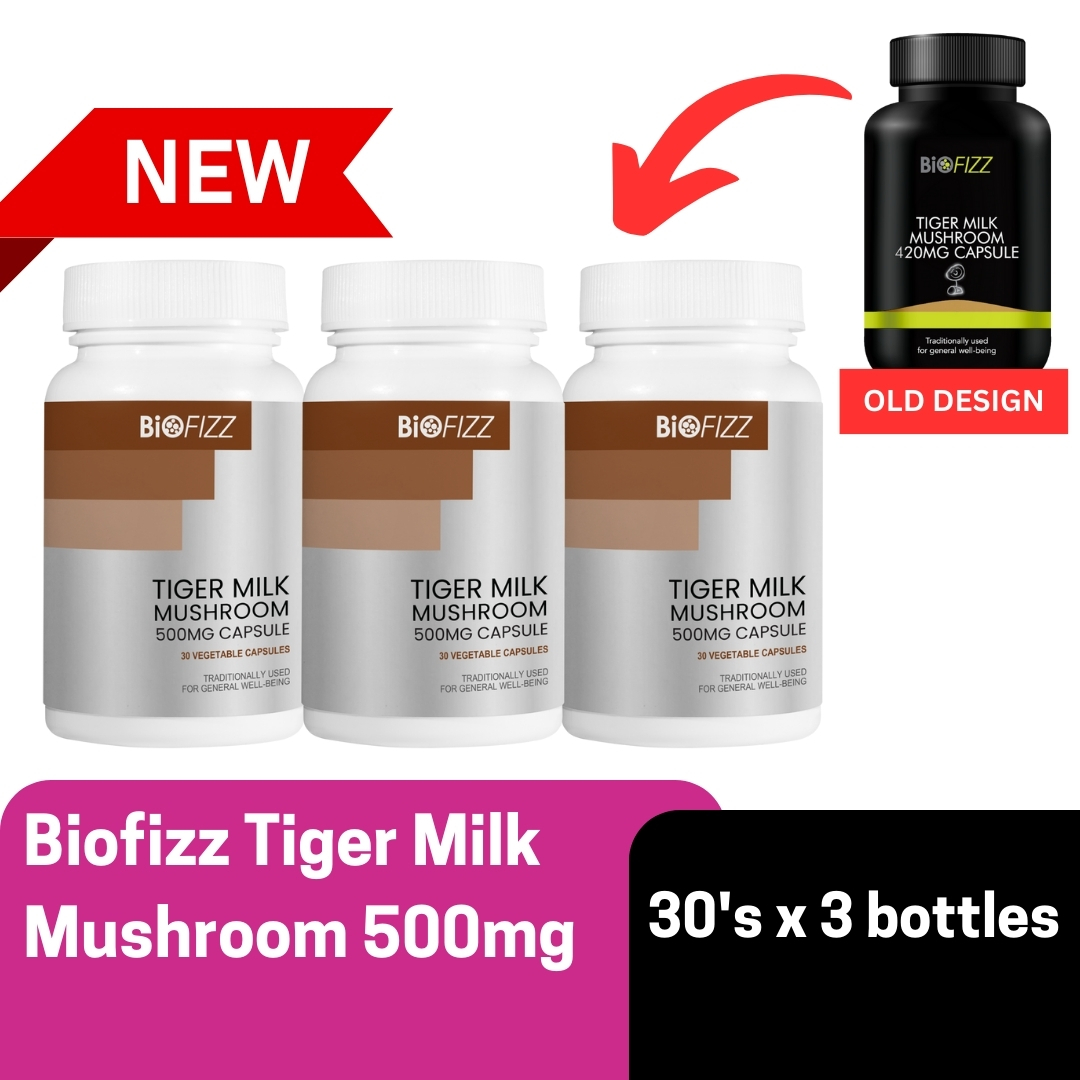-
SALES
- Popular BrandsCetaphilColgateDettolDoveEgo QVGuardianGilletteKloranceKotexKundalMore ...

- Health Supplement
- Popular BrandsCetaphilColgateDettolDoveEgo QVGuardianGilletteKloranceKotexKundalMore ...
Healthy Food ProductsNew- Popular BrandsCetaphilColgateDettolDoveEgo QVGuardianGilletteKloranceKotexKundalMore ...
- Mom & Baby
- Kids
- Personal Care
- Popular BrandsCetaphilColgateDettolDoveEgo QVGuardianGilletteKloranceKotexKundalMore ...
- Skincare
-
Popular BrandsCetaphilColgateDettolDoveEgo QVGuardianGilletteKloranceKotexKundalMore ...
- First Aid
- OTC Medicine
- Popular BrandsCetaphilColgateDettolDoveEgo QVGuardianGilletteKloranceKotexKundalMore ...
- Rehab
- Popular BrandsCetaphilColgateDettolDoveEgo QVGuardianGilletteKloranceKotexKundalMore ...
- All Products
Asthma: Lets Breathe Easier Together

Asthma is a long-term condition that affects the lungs and makes breathing difficult. Over 300 million people around the world live with it, yet many still do not fully understand how serious it can be, or how well it can be managed with the right care.
People with asthma may experience sudden episodes of wheezing, shortness of breath, chest tightness, or coughing. These symptoms can be triggered by things like dust, pollen, air pollution, exercise, cold air, or even stress.
What is happening inside the body?
- The airways become inflamed and swollen
- The muscles around the airways tighten
- Extra mucus is produced, making the airways even narrower
While there is currently no cure for asthma, the good news is that it can be managed well with the right medications, healthy habits, and support, helping people live full, active lives.
Who is Most at Risk?
Asthma can affect anyone, but certain populations are more vulnerable:
- Children: Especially those with a family history of allergies or asthma.
- Elderly individuals: Due to weakened immunity and coexisting health issues.
- People with allergic conditions: Such as eczema, hay fever, or allergic rhinitis.
- Low-income communities: Often due to limited access to care, higher exposure to air pollution, and substandard housing conditions.
- Smokers or those exposed to secondhand smoke.
- Occupational exposure: Workers in environments with chemical fumes, dust, or molds.

Asthma Care and Treatment
Effective asthma care is multifaceted and patient-specific. Key components include:
- Inhaled Medications
Controller inhalers (e.g., inhaled corticosteroids) - Reduce long-term inflammation.
Reliever inhalers (e.g., salbutamol) - Provide quick relief during asthma attacks.
- Trigger Avoidance
Identifying and avoiding triggers (dust mites, pet dander, pollen, smoke) is crucial.
- Vaccinations
Annual flu shots and pneumococcal vaccines are recommended, especially for high-risk groups.
- Regular Monitoring
Routine check-ups and spirometry tests help ensure asthma remains controlled over time.
Can Supplements Help Support Asthma Care?
While supplements do not replace medical treatment, certain natural ingredients may support respiratory health and immune function. Always consult a healthcare provider before adding any to your routine.
- Tiger Milk Mushroom (Lignosus rhinocerus)
A traditional remedy used in Southeast Asia for respiratory conditions.
Contains anti-inflammatory and immune-modulating compounds.
May help support lung function and reduce airway inflammation.
- Elderberry (Sambucus nigra)
Rich in antioxidants and flavonoids - helps to support the immune system.
While more commonly used for colds and flu, its anti-inflammatory effects may benefit respiratory health in general.
- Omega-3 Fatty Acids
Found in fish oil, flaxseed oil, and chia seeds.
Shown to reduce airway inflammation and improve lung function in some asthma patients.
- Magnesium
A bronchodilator—may help relax airway muscles and support lung function.
Often used in emergency asthma care (IV form), but dietary magnesium may also offer benefits.
Living with asthma does not have to be overwhelming. With the right medication, proper care, and some healthy lifestyle habits, including supportive supplements, most people with asthma can lead full, active lives. On this World Asthma Day, lets remember the importance of awareness, early management, and access to treatment for everyone. Whether you are living with asthma or supporting someone who is, small steps can make a big difference, because everyone deserves to breathe easy
Let's keep in touch
Subscribe for our latest news and be the first to know about our offers.






![BIOFIZZ Magnesium Bisglycinate (30's x 2) [Magnesium Glycinate/Magnesium Supplement/镁] BIOFIZZ Magnesium Bisglycinate (30's x 2) [Magnesium Glycinate/Magnesium Supplement/镁]](site_media/img/12942-00139465_L_1.jpg)


